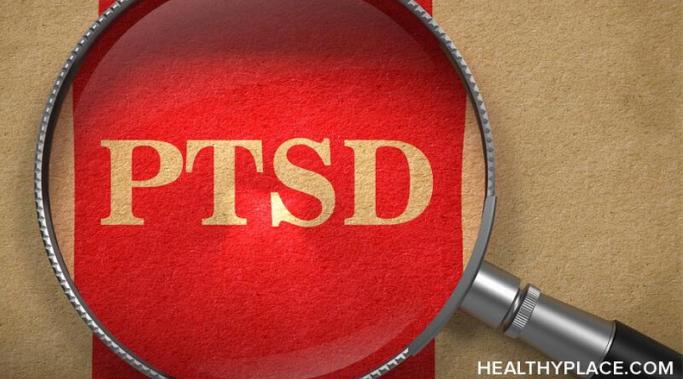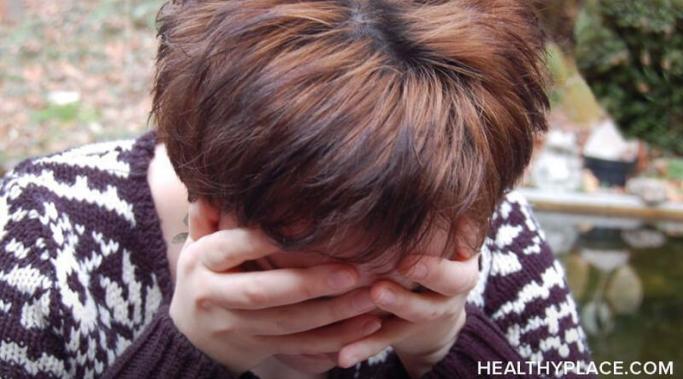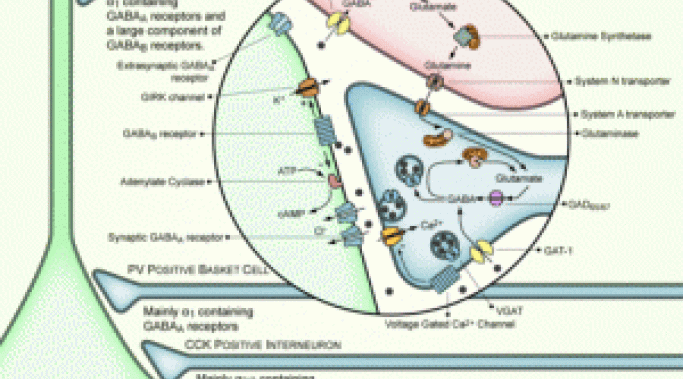Overcoming PTSD requires your brain to reconsolidate memories and learning experiences. This means that it must find a way to erase the old learning experience gained through trauma and put in place a new one that is associated with a more calm, peaceful and empowered experience.
PTSD Recovery Tips
A couple of weeks ago, I outlined how to transform overwhelming feelings. Today, I've been mulling: Is it possible to outline a flexible process for doing PTSD recovery work? While every survivor faces his/her own unique healing journey, the truth is, I think, yes, we do see universal similarities in the process.
I'll be honest with you: From the surface there wasn't much I was good at in PTSD recovery - unless you count avoidance. I was really, really good at that! And hypervigilance. And re-experiencing. Basically, you know, I was really good at PTSD symptoms. Recovery.... not so much!
So when I ask you what you're good at I know that's a sort of loaded question. Struggling with symptoms of posttraumatic stress can make you feel like you're just not good at anything, unless it's being depressed, hopeless and just generally feeling useless.
After trauma it's very typical to feel completely disconnected from yourself, others and the world. We live in what I call 'default mode': We respond and react instead of create and act. Why is that a problem? Because one of the hallmarks of PTSD is a sense of powerlessness.
In the Posttraumatic Stress Disorder Sourcebook, Glenn Schiraldi writes, “Life is feeling. Not to feel is to be dead.” That’s quite a statement considering, with PTSD, our biggest goal is to avoid our overwhelming feelings! It’s a tough conundrum: Coping and managing with PTSD requires you to dampen your emotions so that you can just get through the day. Healing, however, requires that you do feel your emotion – and get used to it. What’s a survivor to do?
So many of the survivors I work with and talk to express the same idea:
There are more than one of me in here!
Technically, they don’t mean there’s more than one personality inside their mind, so what do they mean?
If you're one of over 24 million people in the US who struggle with symptoms of posttraumatic stress disorder then you probably know exactly what it feels like to dissociate. When a situation, emotions or triggers cause you to feel overwhelmed, anxious, frozen or terrified the mind offers a typical (and really fantastic) coping mechanism: you go somewhere else in your head.
While dissociating can be a life-preserving response it can become a habit that severely inhibits PTSD recovery efforts. Part of healing means learning to become more present.
When you look at the mountain of PTSD recovery, does it seem like Mount Everest? Do you feel like you're there at the bottom of the mountain, one little person beneath the weight of an enormous backpack?
Recently, I received an email from a client's wife about baclofen and how it's being used to treat PTSD. She sent links withthe results of a study examining the efficacy of baclofen in PTSD treatment. While the research is compelling it made me think, "How can get we get these results without the drug?"
So I did a little sleuthing....
Here's the funny thing about the PTSD experience: Uncomfortable emotions become so familiar you don't even notice that you have them!
For example, in my own recovery, it wasn't until the anxiety disappeared that I realized I'd been living in such a state of high anxiety. Why is that??







